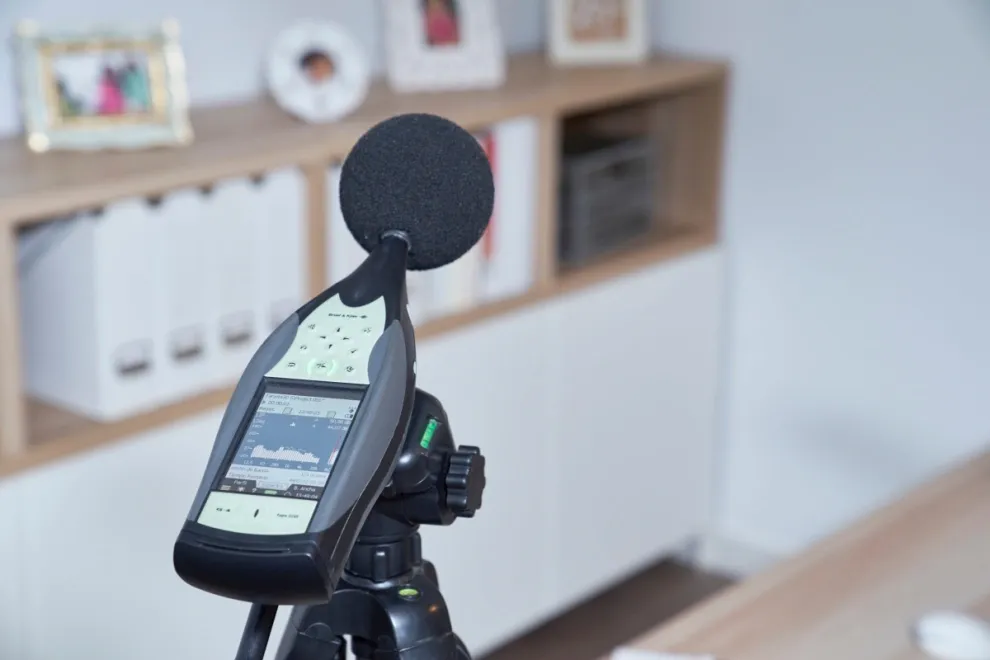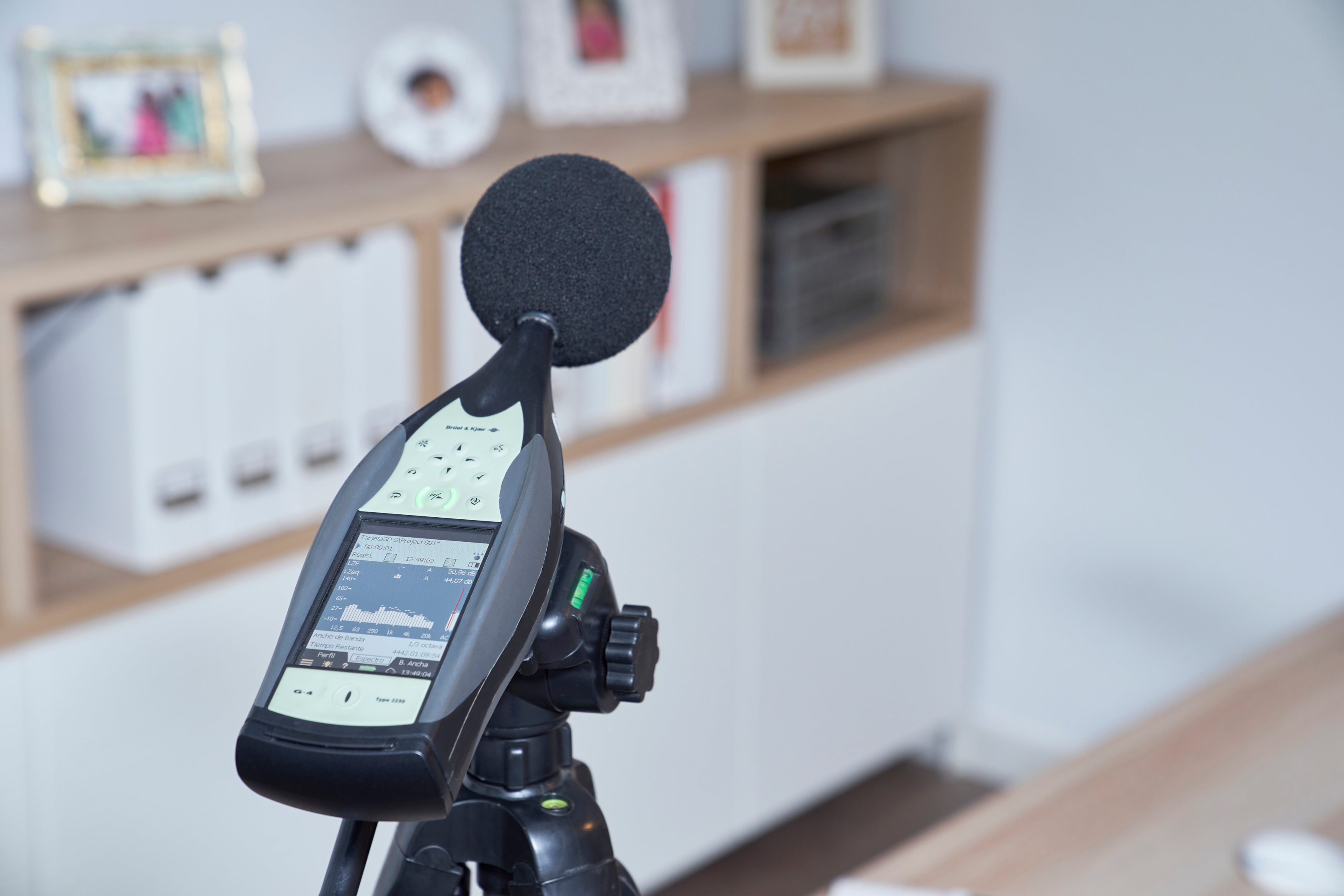What is Noise Monitoring?


Noise monitoring in the context of vacation rentals and short-term property management refers to the systematic process of measuring, assessing, and controlling the level of noise within and around rental properties.
This practice has emerged as a significant aspect of property management due to growing concerns about the nuisance caused by excessive noise from vacation homes and short-term rental properties, and the consequent effects on local communities and residential areas.
Purpose and Importance
The purpose of noise monitoring in this context is twofold. Firstly, it aids in maintaining a balance between the needs of the guests and the local community. Vacation rentals can contribute positively to local economies, but they also run the risk of creating disturbances in peaceful residential areas. Secondly, it serves to protect property owners and managers from potential legal issues and damage to their reputations that may arise due to noise complaints.
Noise monitoring is crucial because it:
- Assures peace and harmony in residential areas by reducing the potential for noise nuisance.
- Fulfills regulatory requirements where local laws restrict the noise levels of short-term rental properties.
- Preserves the reputation of the property and its owners or managers.
- Helps avoid conflicts with neighbors, fines, or legal actions.
Methods
Noise monitoring can be achieved using various methods, primarily through the use of specialized noise monitoring devices. These devices are installed in strategic locations around the property and are designed to detect excessive noise levels and send alerts to property managers or owners.
Many of these devices are ‘privacy-safe’, meaning they only measure noise levels and do not record conversations, thereby respecting the privacy of guests. Examples of such devices include NoiseAware, Roomonitor, and Minut.
Some property managers also use comprehensive property management software that can integrate with these devices for efficient monitoring and immediate action upon receiving a noise alert.
Regulations and Ethics
Regulations concerning noise levels vary widely depending on the jurisdiction. Many cities and towns have specific noise ordinances that specify permissible noise levels during different times of the day. Property managers are expected to adhere to these local laws.
From an ethical standpoint, it’s important for property managers to strike a balance between ensuring a pleasant stay for their guests and maintaining peace within the neighborhood. Transparency about noise monitoring policies with guests is essential, and privacy should be respected at all times.

Challenges and Future Direction
Despite the benefits, noise monitoring in vacation rentals presents several challenges. Privacy concerns are paramount, even with privacy-safe devices, and there may be resistance from guests. Legal considerations and variability in local noise ordinances can also pose challenges to effective noise management.
As technology advances, we can expect more sophisticated and non-intrusive methods for noise monitoring. Integration of artificial intelligence (AI) and Internet of Things (IoT) could potentially improve the efficiency of noise detection and response.
Noise monitoring in vacation rentals and short-term property management is an essential aspect of modern property management, aimed at reducing noise nuisance, preserving the peace in residential communities, and enhancing the reputation of rental properties. With the right approach and technology, it is a win-win situation for all parties involved – guests, property managers, and the local community.
Explore iGMS, your one-stop solution for vacation rental management. With easy-to-use tools for guest communication, booking coordination, and team management, it simplifies your workload. It’s time-saving, efficient, and designed for everyone, from independent hosts to large companies. Upgrade your rental business and enhance guest satisfaction with iGMS.






![Your Monthly iGMS Roundup [February 2020]](/content/images/size/w600/wordpress/2020/02/igms-roundup-feb-2020-cover.png)

